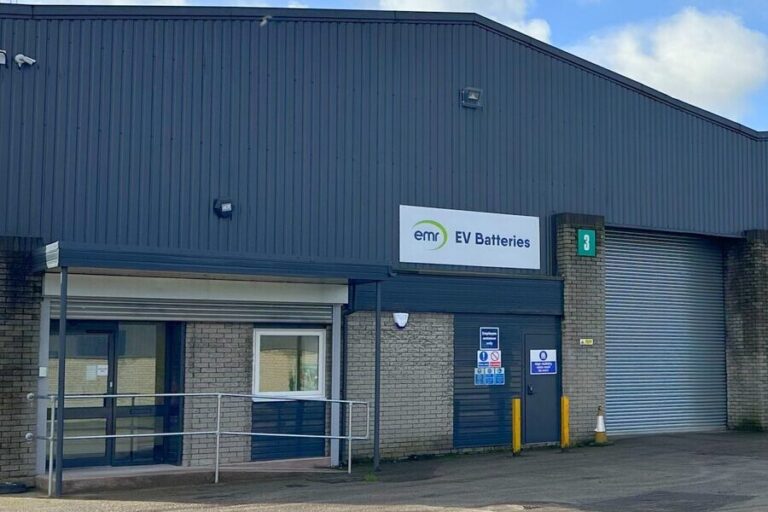Under the new agreement, a demonstration-scale EV battery refining plant is to be built at EMR’s site in Birmingham. The initiators write that the facility will be able to “process automotive, e-mobility (such as e-bikes and e-scooters), industrial, domestic and portable lithium-ion batteries.” The facility will employ a recycling process developed by Renewable Metals, which provides “higher recovery rates without producing sodium sulfate and is better suited to handling the variability in chemistry of end of life Li-Ion batteries.”
“The team behind Renewable Metals have a world-class reputation in this field
developed over many years, so we are thrilled to be working together with them on this exciting project, ” said Roger Morton, Managing Director for Technology, and Innovation at EMR, adding: “Renewable Metals’ technology is a highly cost-effective and scalable solution which fits into our broader long-term global strategy for this market, where we are actively developing multiple new collaborations. The team at EMR can’t wait to see Renewable Metals ramp up their production over the next year.”
This is not EMR’s first such project in the UK, as in 2020 a circular end-of-life supply chain project was launched with the Advanced Propulsion Centre and the Autocraft Solutions Group, in which technologies and processes were sought to provide end-of-life applications for the vehicles and battery from Bentley, BMW and JLR. Next to the automobile manufacturers, the University of Warwick, the Health and Safety Executive, the UK Battery Industrialisation Centre, Autocraft Solutions Group, Connected Energy and uRecycle were involved in the project.
Source: Info via email


